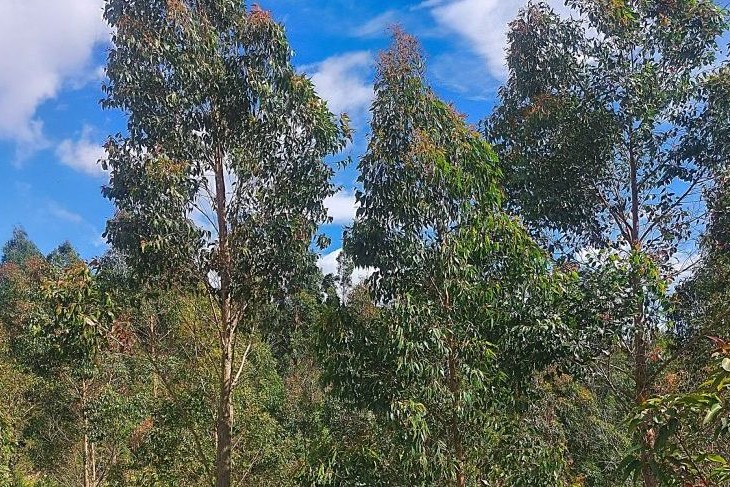Campbell Wood
Succession is a massive beast, and is certainly not a one-size-fits-all type of solution. It needs to be personalised to each and every different business. The key thing to remember is there needs to be a sustainable business beforehand to enable the succession discussion to take place.
If we don’t have a financially stable business in the beginning, nothing is going to work in the long term.
The second thing is, there needs to be a viable business post-succession, or it is being set up to fail. Everybody involved needs to be very clear on what the expectations are, and what needs to happen before succession can take place.
Honest and open conversations need to be held early, to set expectations. Generally, it is a family situation, and our opinion is the next generation need to be exposed to the farm operating performance early on in the piece. Why we think this is important is because the children need to understand what the reality of the farm business looks like.
This then turns the conversation to what they are wanting to do. If one or more of the kids want an opportunity to have a go on the home farm, they need to know that they need to go and accumulate as much cash/capital as possible elsewhere, before returning home. This means they are going to have to be willing to make some sacrifices in lifestyle in order to achieve their goal.
Why they need to bring something home to the table is to make the transaction more achievable, as in most cases, Mum and Dad need a house off-farm to go to live in. Some choose to build onfarm, or the incoming capital can be used to repay bank debt, to reduce interest costs which will help pay for mum and dads living costs as they go into retirement.
Too often we see a son/daughter going home and working on the home farm for a number of years, never actually seeing what the numbers are in behind the scenes, getting paid an average wage, but not saving any of this money, presuming they will ‘get’ the farm one day and it will all just magically happen.
What happens if the farm has been going backwards for a number of years? A bank is not going to lend money to a business that has been going backwards, especially for an off-farm asset for mum and dad to go and live in that doesn’t actually aid the bottom line surplus of the business.
Another key reason why the next generation need to come home with something to their name is so they can show good money habits to the family giving them the opportunity and the financiers (sometimes is the bank, sometimes is the family). If someone can come home with a sum of money (the sum needed will depend on each different business’s needs), it gives everyone comfort that the incoming generation has developed a good work ethic and understands the value of money, something that seems to have been lost in a lot of cases nowadays.
The other benefit of getting the incoming generation involved early, is if the business isn’t sustainable, it allows for a robust discussion to be had around how do we get the business into a sustainable position, and if we can’t, what are our options? If we act early and be proactive, it leads to better decisions and outcomes for all involved. Remembering that at the end of the day, you want to all be able to sit around the table at Christmas time together.
None of these conversations are easy, especially when it is family involved, but that is where you need to be relying on your rural professionals help, as they do not have the emotions involved that family members do. And this is where your professionals need to be honest with you, it may not be what you want to hear, but it may be what you need to hear.
Once again, if discussions are had with all parties early enough, then decisions can be made and the necessary changes implemented. Whereas if it is too late in the piece, the outcome may not be what was desired.
- Campbell Wood is a partner at Agrifocus who are accountants and farm financial advisers, based in Southland and Otago.





